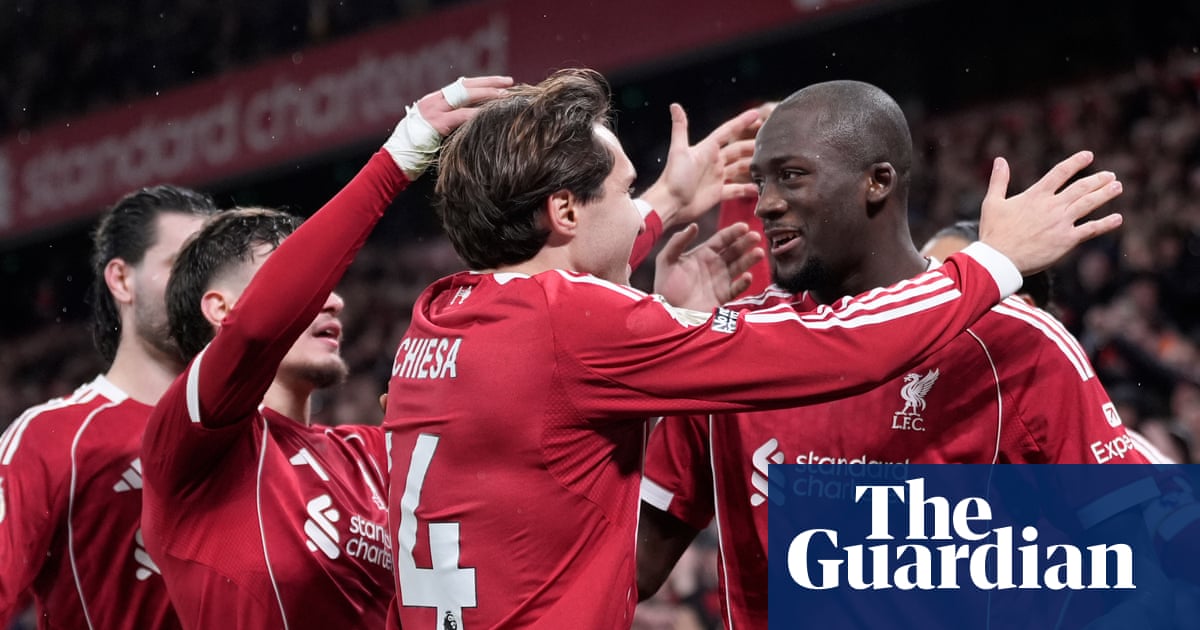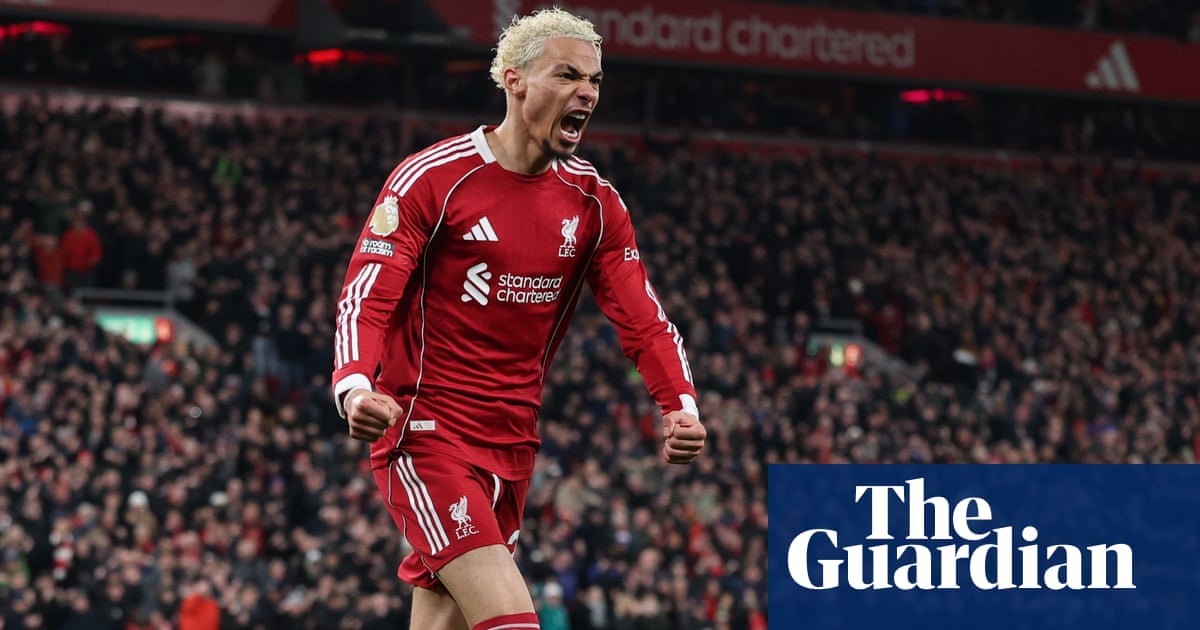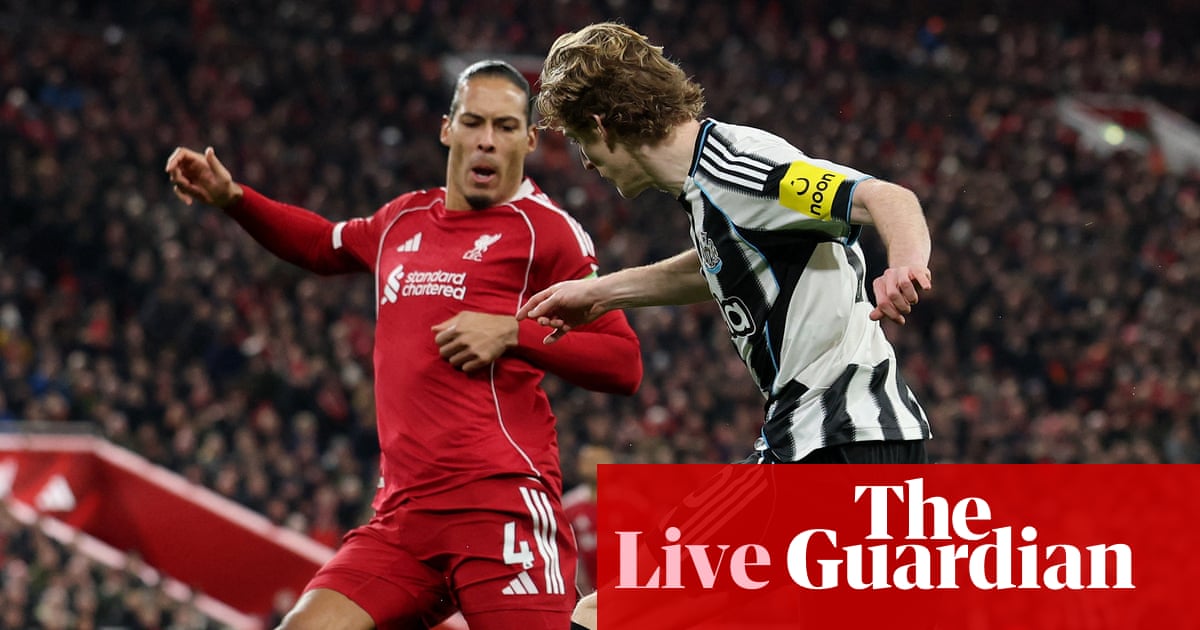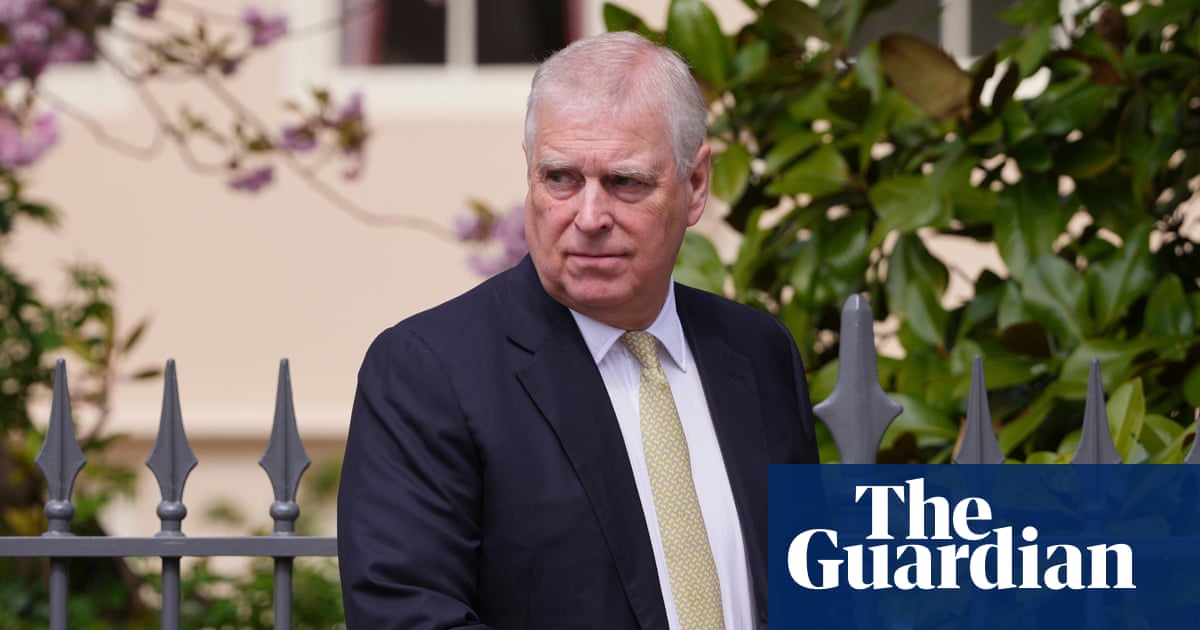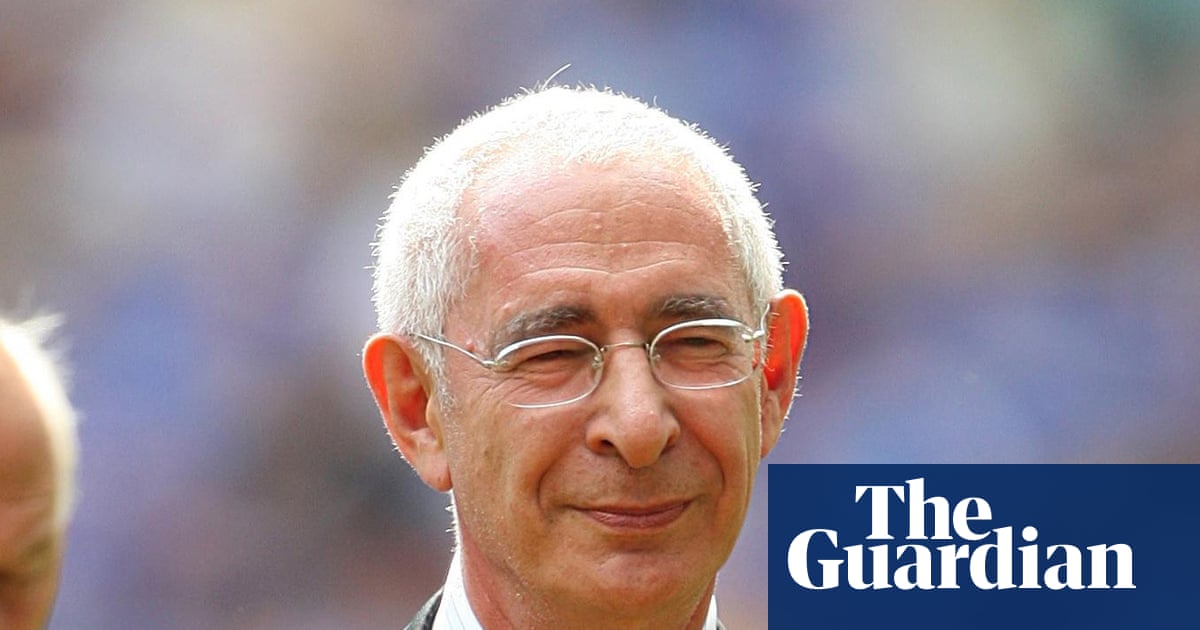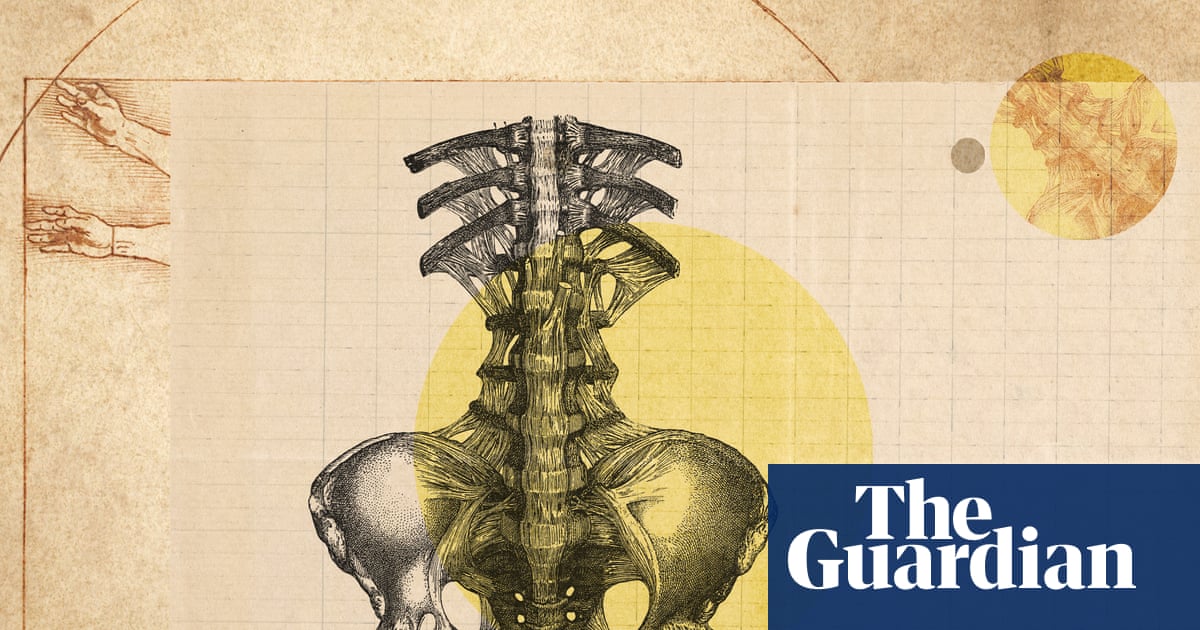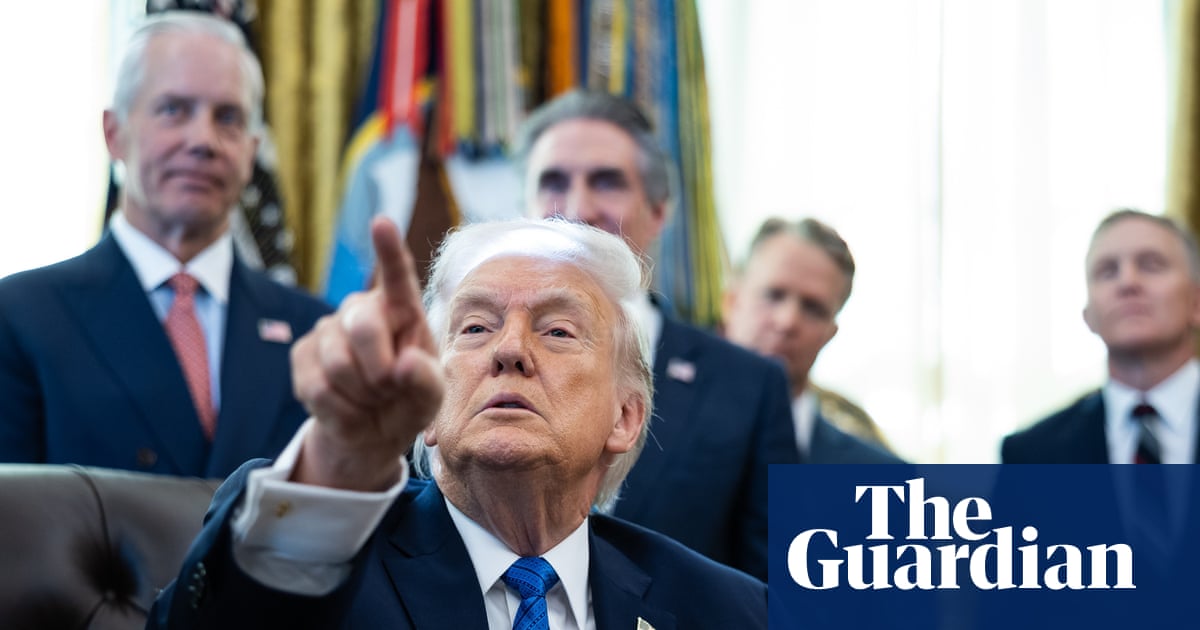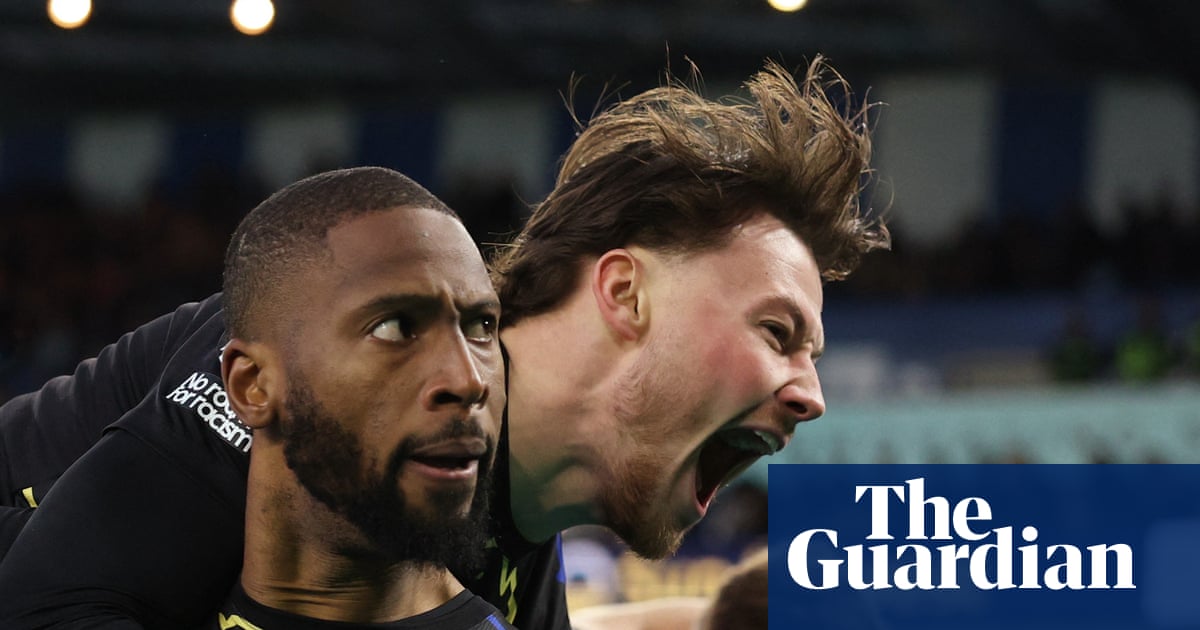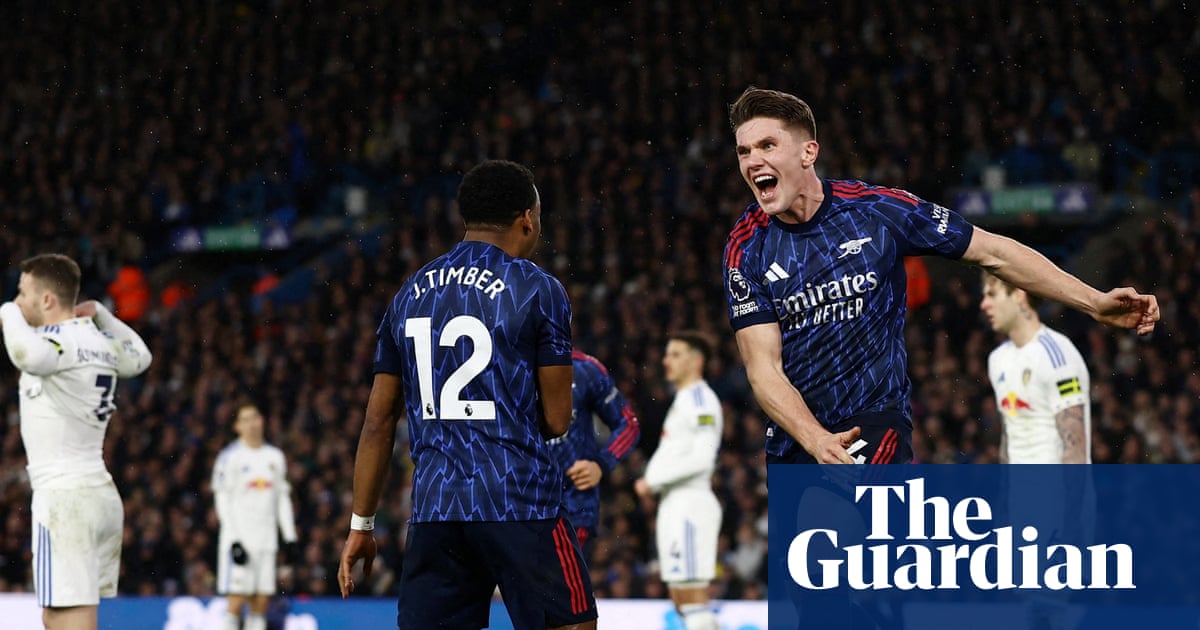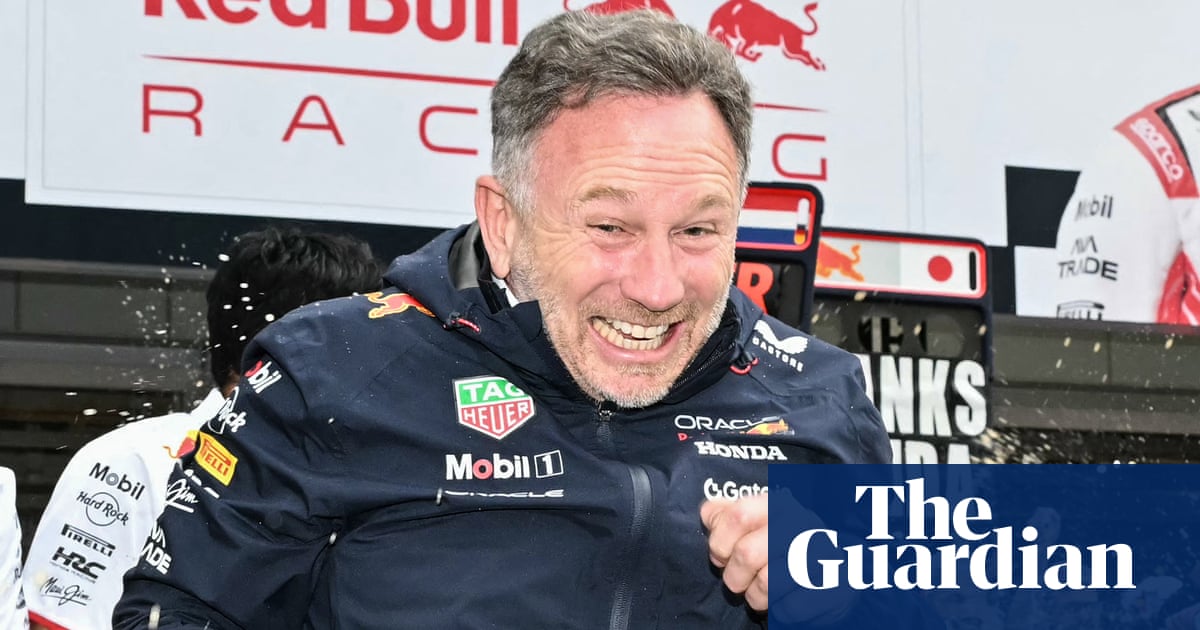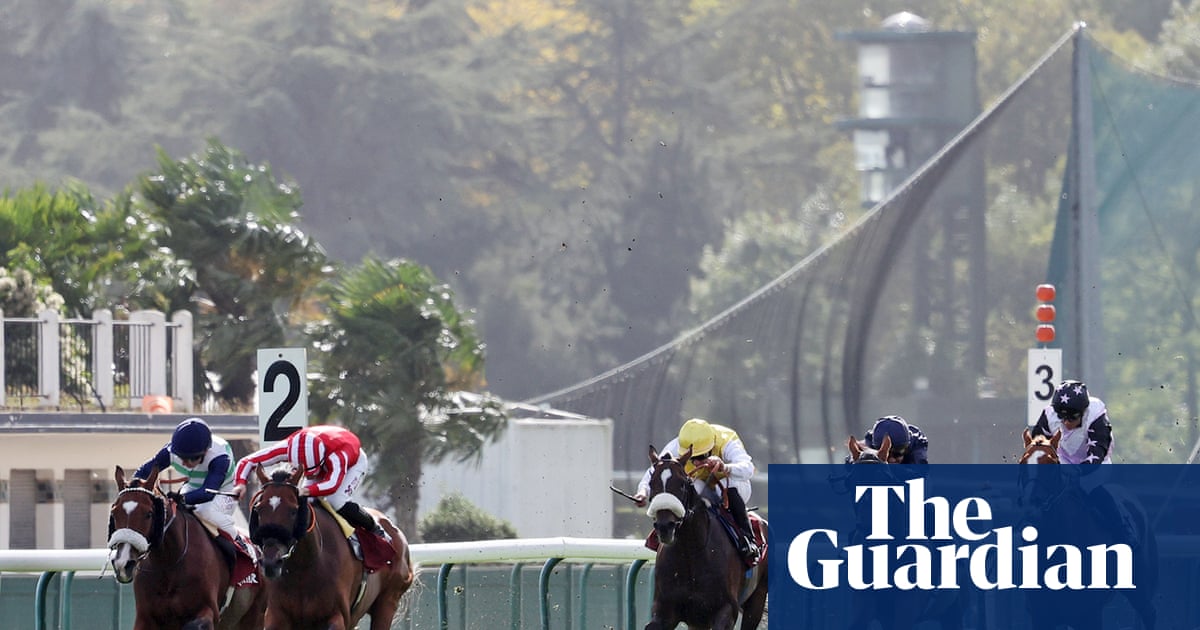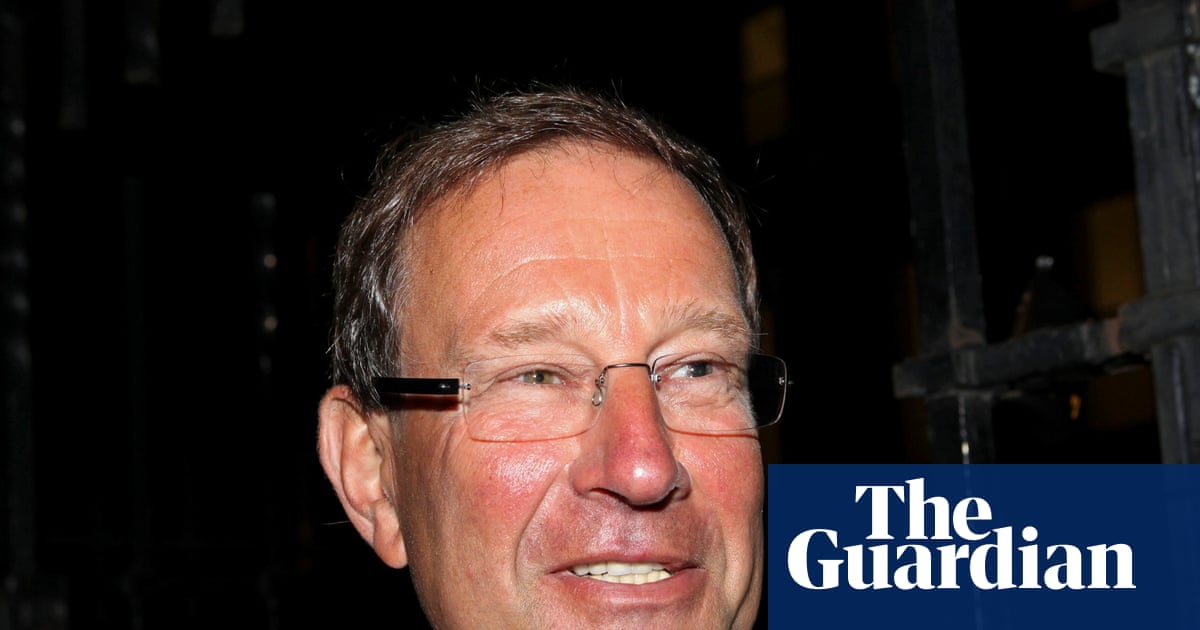We’re on our way. We are Tom’s 26. This time, more than any other time, this time. We’re going to find a way. Find a way to get it right. This time. Well, maybe. Next time is also good. And the time after that. You don’t like this time? We have other times. Hey, Spain are pretty good right now aren’t they.
There is an entire multilayered history of Englishness in the basic tone and mood of English World Cup excitement. It is easy to forget that when the 1982 squad, AKA Ron’s 22, released the song This Time, a tortured paean to finally erasing their own ancestral agony, England had actually won the World Cup only 16 years earlier.
This was like Spain winning it in 2010 and then doing a song next year saying, oh, finally, finally we’re going to assuage our endless generational failure. To be fair, Ron’s 22 did a brilliantly authentic job of it, faces set with funereal dignity, belting out their V‑necked Viking death hymn. But then, the English are born to feel this. It’s the safe space: wounded lions, comfort in longing, failure as epic drama, thwarted greatness as a form of national identity.
Through corned beef fumes on the quays of Mexico City, to rage at Gareth Southgate for providing actual, tangible hope, because hope is the one thing they’ll never forgive you for, this has been the tone. It has also been the most beautiful part of England football, more deeply cherished than actually doing well in 1990, or just accepting that maybe we’re not very good and need to work out a way to coach and play.
It is important to state all this again now England have qualified with great efficiency for the tournament next year in the US, Mexico and Canada. If only because it makes Thomas Tuchel’s job description – win the World Cup or fail – seem less like a doomed mission and more a simple truth. Let’s face it, this has been the case for every England manager, even when success has been a much more distant prospect. And right now, pragmatically, logically, England have their best chance of winning a World Cup since 1970.
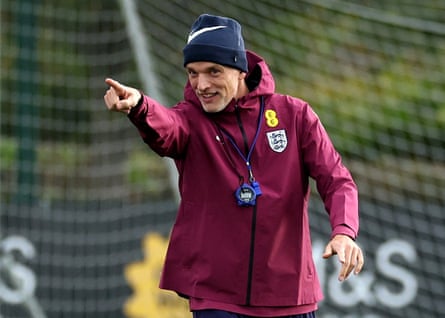
This is not just a patriotic take. For the first time England are led by someone who has both won the Champions League and managed in the domestic top tier. The players are good. They seem unencumbered by the task. It doesn’t really matter if Tuchel’s England haven’t faced any top teams yet. These players come up against elite opponents every week in a global league. We know what Kevin De Bruyne looks like. It’s still hard. But it’s not scary any more.
Forget the heat chat too, which belongs to a previous era of don’t drink the water and the food is all muck. To suggest the pressing Tuchel employs is possible only in cold weather is to misunderstand what pressing is, to see it as running constantly as opposed to triggers, controlled traps and keeping the ball in between.
Spain, Germany and Deschamps‑era France have taken up four of the past eight World Cup final spots, all European teams that play a pressing game. Tuchel’s tactics speak to the dominant culture, to the way Chelsea pressed Paris Saint-Germain into the turf in New Jersey in July.
This is also not an overreaction to results in qualifying. All of the other teams in Group K were terrible. But England still looked hungry, serious and happy to be there. Outside of one end-of-term defeat by Senegal the record over the past year reads played nine and won nine, with nine clean sheets. No one will fancy facing this England team right now.
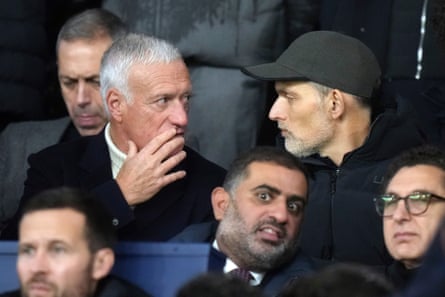
It is important to remember that Tuchel is the key to this. International football is a throwback in many ways. We are accustomed to the idea of managers having some kind of “philosophy”. Success is a process: banana bread, bald men with iPads, adherence to the famed Benelux school of the blitz-rage counter-swarm.
In international football the manager is just as important, but leadership is the opposite thing. It’s about clarity, about taking things away more than adding them. Southgate got this, but was still in love with the quest, still talked about fighter pilots a lot, still saw his role as crawling, Shawshank-style, through an eight‑year tunnel of shit.
Tuchel seemed puzzled by this at first. Here is a man whose life has been the overthinking of football, asked now to contemplate clarity, simple stuff, underthinking. He has, though, worked it out in real time, aided by the hugely underrated virtue of not actually seeming to want the job that much.
Their tactics are simple: defend as a unit, attack at speed. Even better, not since Fabio Capello have England had a manager so clear the job will not define him. Where Capello also had the key demerits of being tactically outmoded and not speaking English, which was in effect like being managed by a very angry tailor’s mannequin, Tuchel has a bracing fearlessness, the sense that this is simply an interesting project, unafraid to dish it out to fans, players, hacks, his predecessor.
It is at this point the omission of star players raises its head, a point of strength, but also something that needs to be managed and understood. As long ago as 1982 the video for This Time was dominated by closeups of Kevin Keegan’s hammy, sombre face, the unfit star who would ultimately prove just a distraction, and separately of Noel Edmonds, perfectly primped and hair-sprayed, with that familiar celebrity helicopter gunship salesman energy.
after newsletter promotion
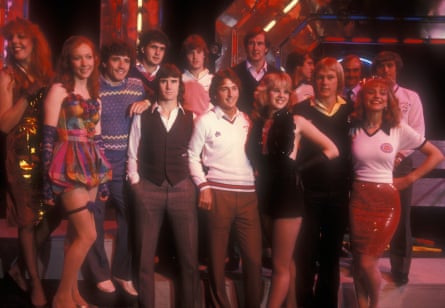
This has always been an English vice. Losing the run of yourself when confronted with actual talent, jamming every famous face into the team, convinced your star players are magic buttons, that to be English and good is to make the world kneel before you, to carry the Ark of the Covenant into battle.
This is where Tuchel’s approach is both interesting and also an act of pragmatism. It may feel exhilarating to omit the semi‑fit fancy boys, Jude, Phil, Jack, Trent, to embrace this as an act of performative hair shirt-ism. We are the humblest. We are exceptionally unexceptional.
But this is not grandstanding. It is just good sense. Tuchel is doing this because England have an overload of No 10s and they only need one, and a choice of inside forwards. But the door is not closed. There is still plenty of time for Jude Bellingham, for example, to return with a clear role in a functioning unit. A disciplined Bellingham would be a huge bonus for Tuchel. But only, as has been the mantra to this point, when the team demands it.
Another advantage: Tuchel knows where his players rank in the elite tier. To win a World Cup England will need to beat a combination of Spain, France, Argentina, Portugal, Belgium and others. The real point, and the nub of every tournament, is that they will need to beat teams who keep the ball and who have players just as skilful as their own stars. The only way to do this is to have a system that is balanced, that has no snags or celebrity bodge-jobs.
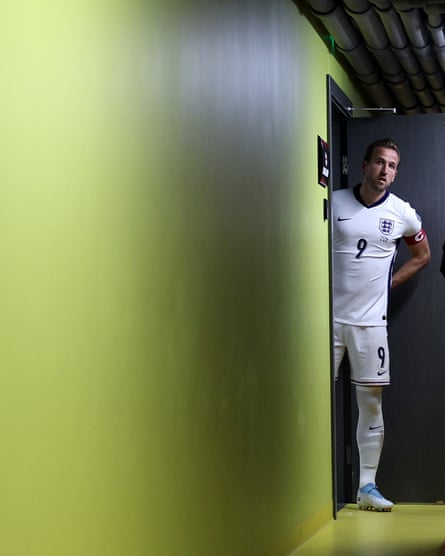
Again this is where realism comes into it, and why Tuchel is not playing mind games when he says England are outsiders. They lack a really high‑grade midfielder, central defender, left-back and a stand-in for Harry Kane, although the use of Elliot Anderson in one of those spots looks like an excellent fix.
A good starting team would look something like: Pickford; James, Guéhi, Stones, Livramento; Rice, Anderson; Saka, Eze, Gordon; Kane. Adam Wharton has a chance still, although Tuchel seems to have doubts about his physical capacities. Cole Palmer is the only star player worth making a real exception for, because he is just so good in that 10 role and so suited to the tempo of the game.
Otherwise England also need to think about non-Kane goals. Morgan Rogers, Eberechi Eze, Anthony Gordon and Jarrod Bowen have 59 caps and six goals combined. Phil Foden, Jack Grealish and Bellingham have 14 in 128 games. Why don’t you play all your stars? Because they haven’t been great.
There have been only manageable tasks to this point. The real outcome will be defined next summer by the finest margins in some steel-and-glass megadrome, when the stitches pull, the tiny details merge into a single narrative, and victory either happens or it doesn’t.
Stripping away how that is going to work, putting aside last time, thinking only of this time, is Tuchel’s key note of progress. As the manager wields his razor, the most England can hope for is a World Cup that comes down simply to how good you are, which would be a kind of triumph in itself.

 3 months ago
70
3 months ago
70
